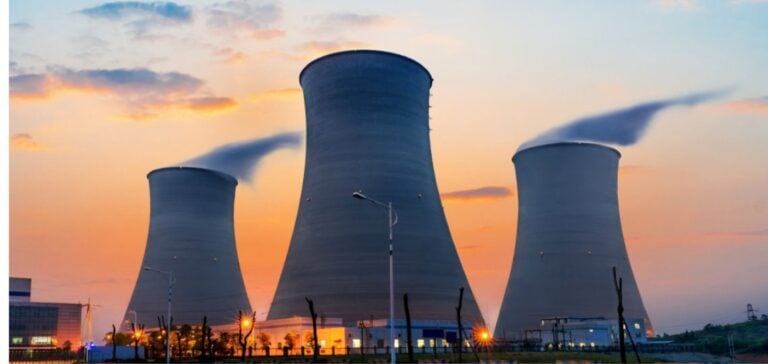The Nuclear Regulatory Commission (NRC) is considering a major regulatory change with the introduction of the Generic Environmental Impact Statement (GEIS) for advanced nuclear reactors. This rule would make it possible to supplement generic environmental assessments with project-specific analyses for new reactor license applications.
Periodic updating and revision
According to an April 17 directive from Carrie Safford, Secretary of the Commission, the GEIS is to be revised every ten years. This regular review is designed to keep standards in line with technological and environmental advances.
Extending the applicability of GEIS
Safford also ordered the deletion of the definition of “advanced nuclear reactor” from the regulatory package and associated guidance documents. The new directive extends the use of GEIS to all new nuclear reactor applications, provided they comply with the plant and site parameter envelope criteria and assumptions established for GEIS.
Exclusion of fusion reactors
The directive also excludes fusion reactors from the proposed new rules. In the near future, these systems will be regulated under the by-product materials framework of 10 CFR Part 30, which distinguishes them from traditional reactors in terms of regulation.
Implications for the future of nuclear power
This regulatory initiative is seen as a crucial step in facilitating the development of new nuclear technologies in the USA. It reflects a commitment to supporting innovation while protecting the environment.
The NRC’s ANR GEIS initiative represents a significant step forward in the regulation of nuclear technologies, by adapting licensing processes to the contemporary and future challenges of nuclear energy.






















